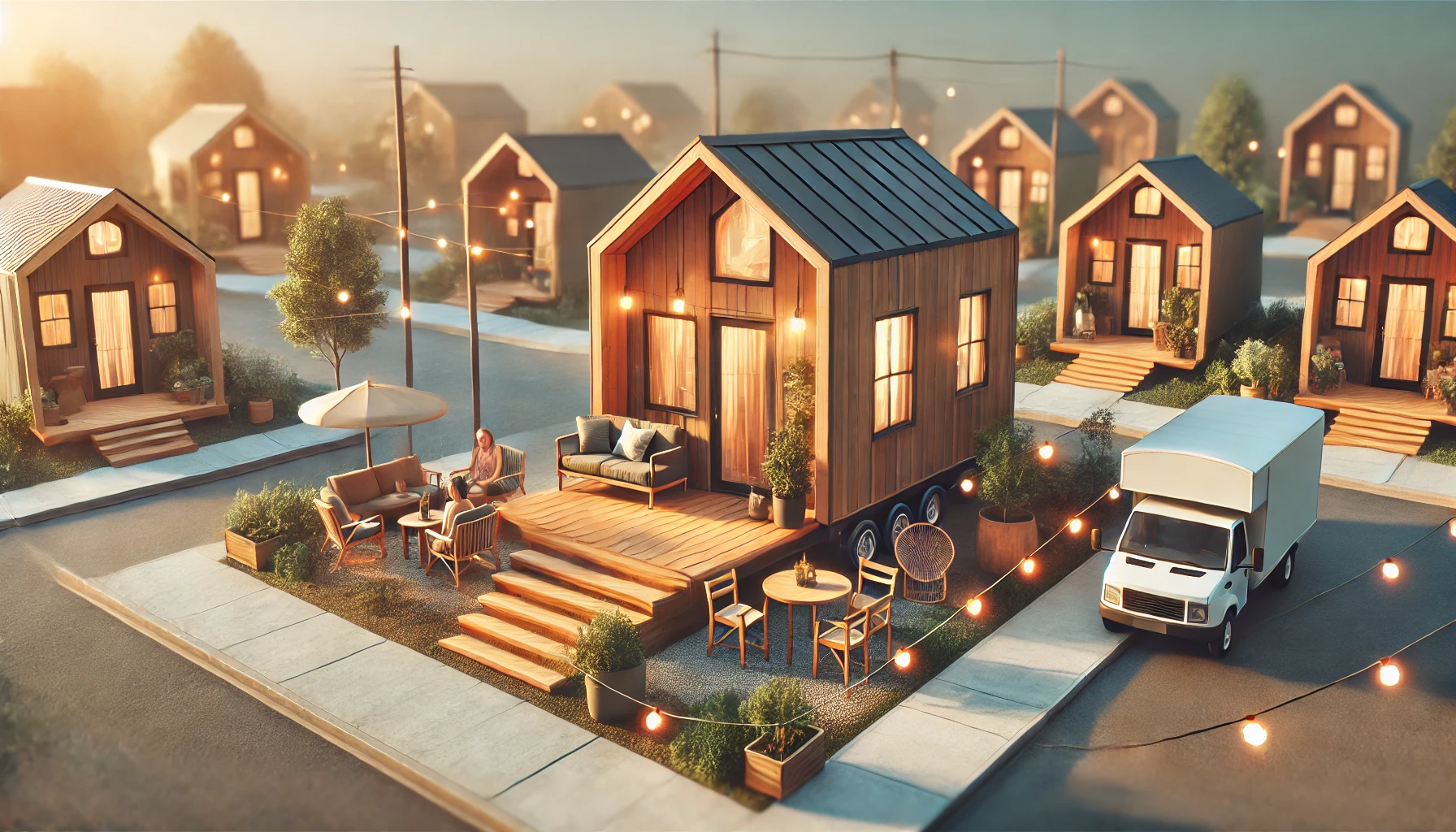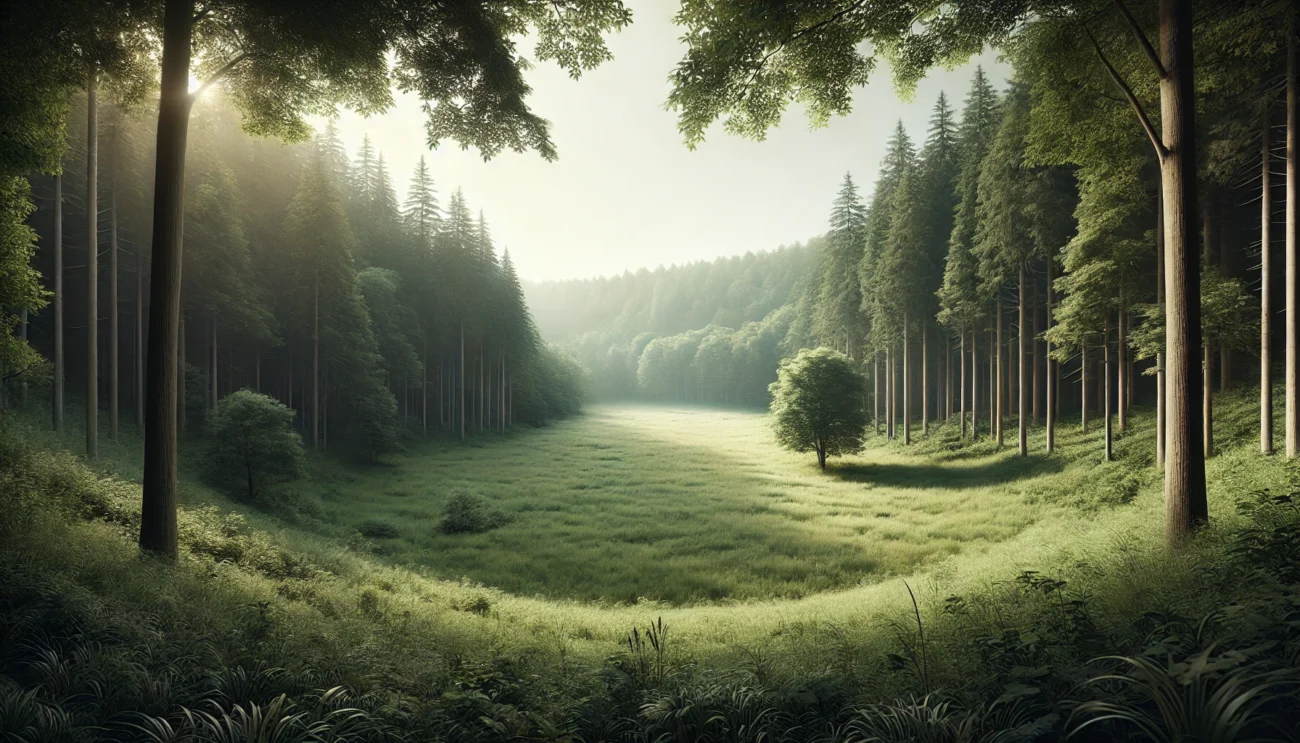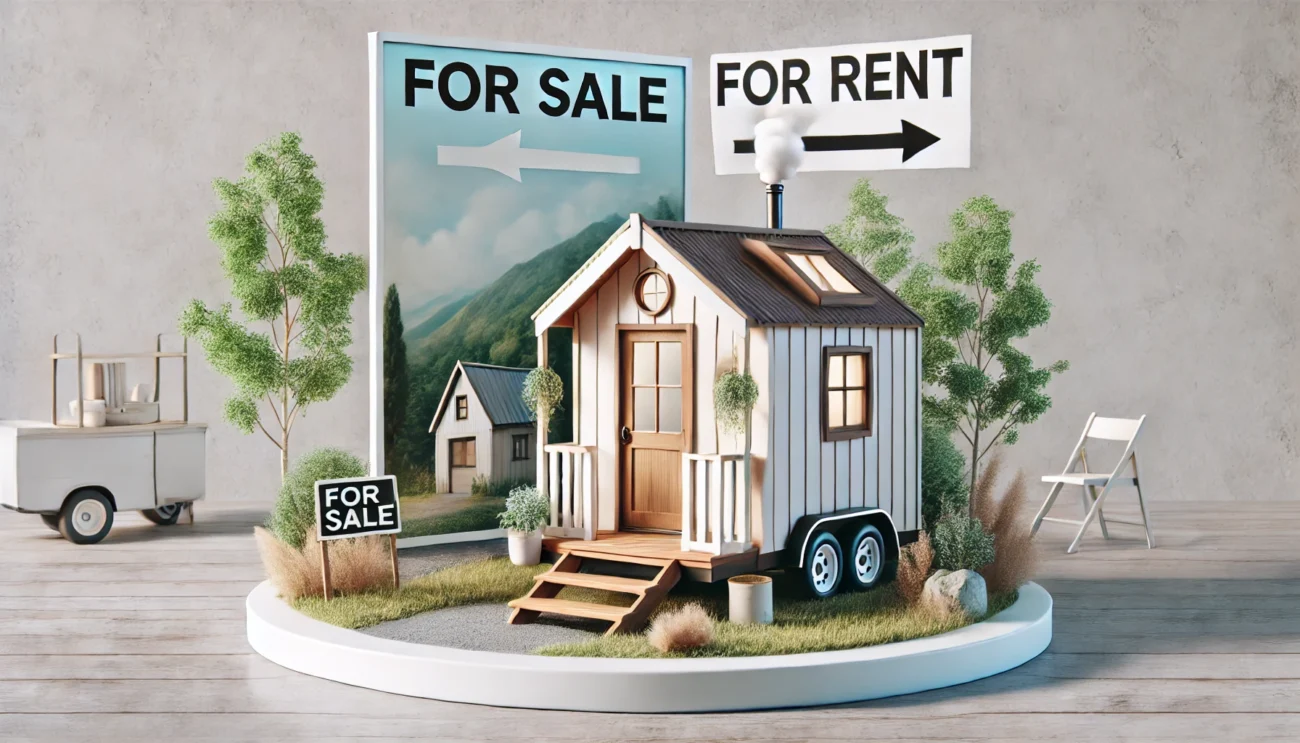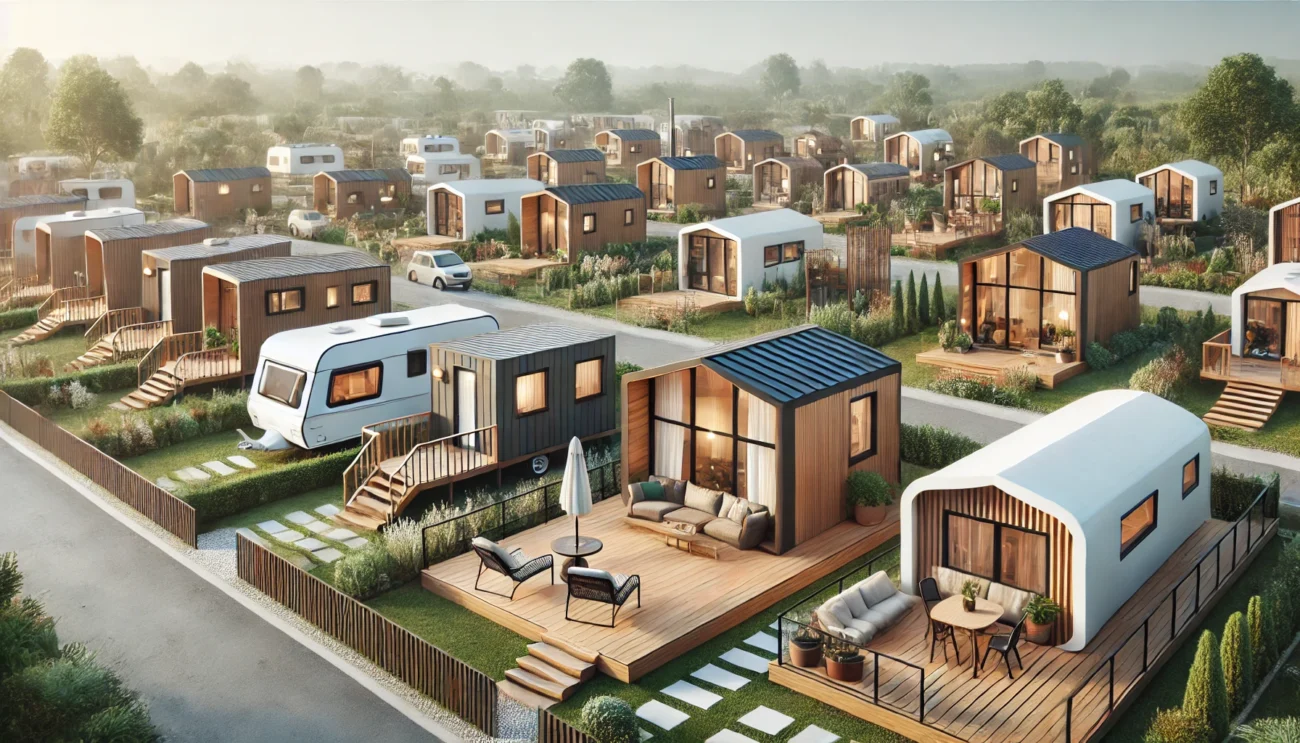Blog
How to install a tiny house on land?

That’s it, it’s decided… You want to install a Tiny House!
Congratulations! We can only applaud this excellent choice (especially if it is a Tiny House with a Casakub plan)!
It is certain that this little nomadic cocoon will be the starting point of a new life, whether you use it as accommodation, a traveling business or even as a seasonal rental…
Yes, but here it is. The wind of newfound freedom often makes us forget that it is also necessary, even obligatory, to know how to keep your feet on the ground so that your dream does not turn into a nightmare.
So in this article we list all our advice to know where and how to install your small house on wheels without having any problems. Just so you have a clear idea before starting your magnificent Tiny House construction project!
Installing a tiny house on land for less than 3 months per year

Do you just want to settle on private land for a few weeks, maximum 3 months? You are free to do so without authorization but only on condition that your mobile home (this concerns Tiny Houses but also caravans and camper vans) permanently retains the technical possibility of moving independently and immediately.
It is therefore imperative to always keep all your means of mobility in place: wheels, pull-up bar, signage, etc.
This notion of mobility is essential! Do not develop the land around your Tiny House (with a terrace for example) if you are staying less than three months.
All outdoor installations must also be immediately removable or movable.
Also check the regulations of the land where you want to install your Tiny House. Some are strictly prohibited, such as areas to be urbanized (AU zones), natural and forest areas or even certain agricultural areas.
So remember to check these “red zones” in advance with your town hall.
My tiny house on land for more than 3 months a year

To settle your Tiny House on private land for more than 3 months, you must first make a prior declaration of works to your town hall to obtain a planning permit, if the surface area of your nomadic habitat is less than 20 m². Beyond that, a building permit will be required.
Also pay attention to the choice of land! Indeed, it must meet the same criteria as for a classic construction: be located in a building zone and allow a connection to the public sanitation, water and electricity network.
If you do not wish to connect your Tiny House to the public network, for example in the case of using dry toilets or a mobile septic tank, then you will need to carry out an environmental impact study.
Specifically regarding your small house on wheels that will be “sedentary”, it will however have to remain permanently dismountable and transportable. So, just like for an installation of less than 3 months, make sure to keep all its means of mobility in place and to set up fully movable outdoor facilities.
Taxes and duties for a tiny house

The Tiny House is one of the alternative habitats regulated by the ALUR law.
Precisely defined as a “land-based mobile residence”, it is not subject to local taxes or housing tax.
But if you use it as your main residence, you will still have to pay an annual tax of €150 (€100 if the accommodation is more than 10 years old and except in cases of exemption of course).
This is unlike a “light leisure dwelling” which corresponds to a mobile home, a chalet or even a tree house, and is subject to property tax (if it is placed on a concrete base and is not intended to be moved) and to housing tax.
Rent or buy land to install your tiny house

Here again, between renting or buying your land, it all depends on the length of your installation, your desires and your budget too!
Land rental can be the solution if you want to set up your Tiny House for just a few days or weeks to discover a new place, do temporary work such as a farming season or even just to have the pleasure of this newfound freedom without any place of attachment.
Or maybe you are more interested in investing to be able to install your tiny house on your own land and thus be the full owner of the place. Even if it means renting out your land yourself when you decide to hit the road with your Tiny House!
As everyone knows, the price of land (for sale or for rent) varies depending on the region, location, size, etc. There is something for every budget!
Of course, the majority of ads are on essential sites such as leboncoin.fr, seloger.com or paruvendu but don’t hesitate to share your search with those around you and on social networks. You never know… There may be a friend who has a friend who knows someone who can offer you land at a good price or even for free! Yes, it exists! Of course it’s rare… but it’s possible 🙂
Alternative solutions for installing a tiny house

You don’t have private land to install your tiny house? Don’t panic, there are several other solutions to install it freely, in the short or long term, and even take advantage of it to create social bonds. And that… the Tiny Houser likes 🙂
Let’s start with the camping solution. Many are open all year round and offer preferential rates in low season and long term. A good alternative if you are looking for a secure place connected to water and electricity.
So, setting up your Tiny House in a traditional campsite, okay… and why not in a farm campsite?
You will be in direct contact with farmers who are setting up camping areas on some of their plots to accommodate nomadic habitats. Ideal for setting up your little house on wheels and enjoying good fresh produce just a stone’s throw from your home.
Why not also take the opportunity to lend a hand on the farm?
Offering your help in exchange for free land is also what eco-volunteering can allow you to do, whether with a farmer, for an environmental association or even a scientific mission.
Otherwise, you also have the option of lending a garden to a private individual! On the site pretersonjardin.com you can find ads from individuals who share their land in exchange for maintaining their vegetable garden or other services. A great initiative that allows renters, such as the elderly for example, to be reassured, less isolated and to forge new links.
Many “give and take” solutions that perfectly match the spirit of Tiny Housers!
Want to discuss your project with professionals? Contact Casakub.